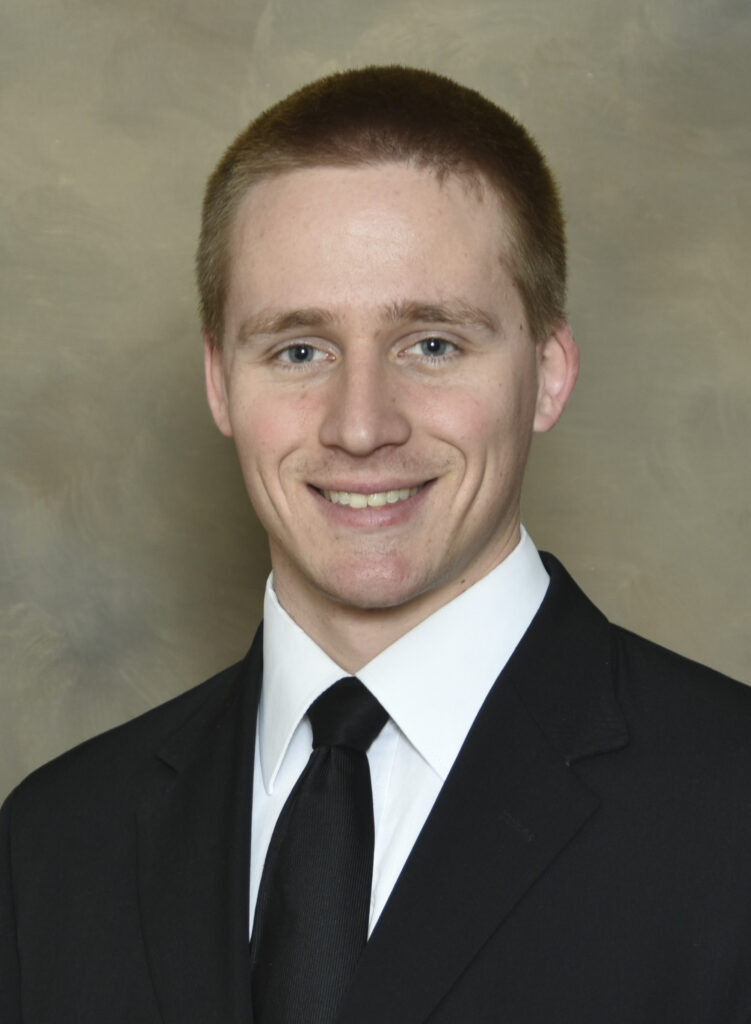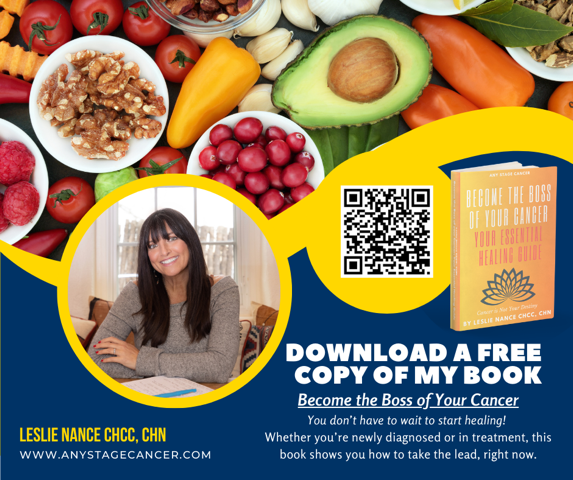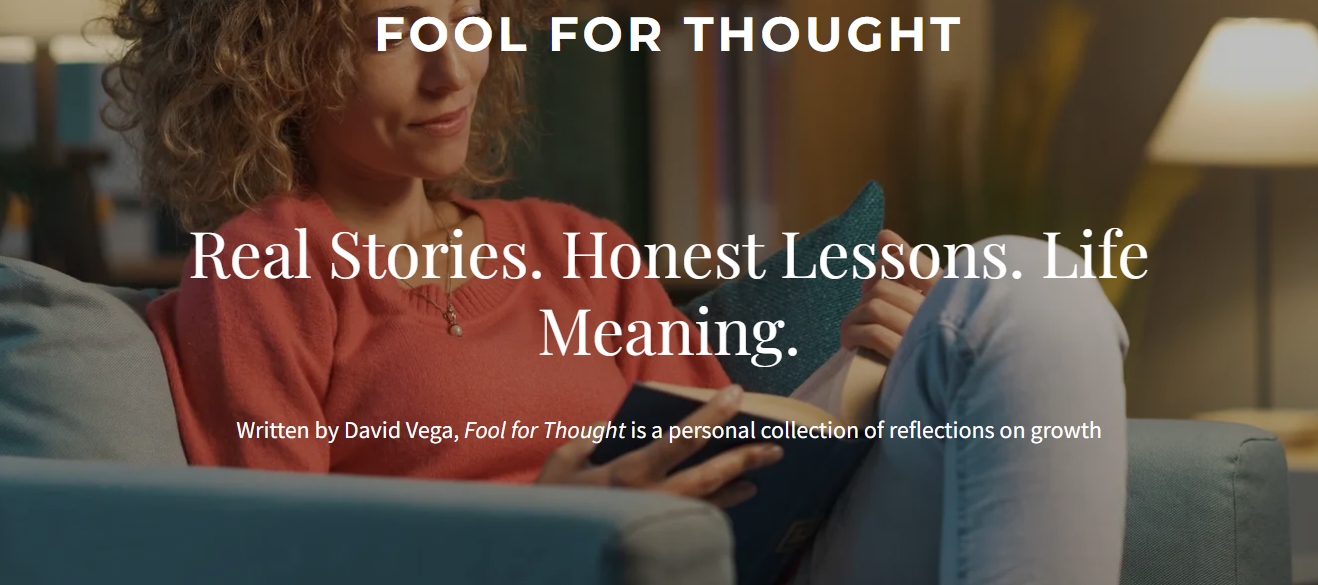You have seen it and probably were an example of it when you were a kid. It starts with a child carrying a cup or bowl full of something. Then, they notice someone in need like a sibling who has fallen or a parent carrying laundry through a cluttered living room, and the little one immediately drops the cup or bowl spilling the contents all over the floor as all their attention shifts to helping someone else.
The quick response to help others does not always kick in. As we grow older, the quick response or even any response to help others fades. Sure, there are moments where we quickly help, but many times when someone has fallen on hard times, we find stopping to help is not easy. Rather than the quick response of the young child who drops the cup or bowl, we are like the couch potato nestled in under four layers of blankets with cups and bowls all around. Then, when we hear someone in need, we try to ignore it, pretend we do not hear it and even turn the volume up on the tv or phone. When the call for help continues though, we yell back, “Do you really need me?” And when they are adamant that our help is needed, we move slowly as if the extra time will mean they resolve the issue on their own or throw all the blankets, cups and bowls off in a selfish display of rage and discomfort to go and help.
The failure to want to help is not about the other person. In our Gospel reading from Luke 10, an expert in the law asked Jesus how to inherit eternal life. This man knew the Old Testament Scriptures well, so Jesus asked him what was written in them to answer the question. The expert’s answer was the correct Scripture response easily summed up as love God and your neighbor. Jesus affirmed his response, but then we read, 29 But he wanted to justify himself, so he asked Jesus, “And who is my neighbor?” In response, Jesus told a parable illustrating that a person filled with love for God and neighbor does not need to ask that question because they recognize all people as neighbors, especially those in need. Jesus’ parable showed a priest and Levite avoiding a man who was robbed, beaten and left for dead, while a Samaritan stopped, helped him, brought him to an inn and left money to cover the expense of his recovery. After the parable, Jesus asked the expert in the law, 36 “Which of these three do you think was a neighbor to the man who fell into the hands of robbers?” 37 The expert in the law replied, “The one who had mercy on him.” Jesus told him, “Go and do likewise.” The mercy shown by the Good Samaritan was blind to who needed to be served; the choice to serve, love and care for the neighbor was already the only option for the Samaritan.
Ruth also saw only one option when someone in her life was in need. A national crisis faced the Israelites in our Old Testament reading from Ruth 1. There was a famine throughout the land meaning the crops could not grow meaning little to no harvest meaning nothing for people or livestock to eat. Plus, this would have a ripple effect on all the economy leaving people starving, in debt and even facing death. If some had the means, they could leave in search of unaffected lands in the hopes of making a living. Elimelek, his wife Naomi and their sons Mahlon and Kilion from Bethlehem had the means to relocated during the famine to Moab. Over a ten-year period, they were able to make a living, and the two boys married Moabite women, Orpah and Ruth. The family was blessed to escape the famine, but in Moab Naomi lost her husband and two sons. Then, she heard the LORD had provided food again in Bethlehem, so she made plans to return. Her daughters-in-law began the journey with her, but she soon encouraged them to stay in Moab. At that time, the main occupation for a woman was marriage providing a woman with food, lodging, safety and security. Naomi could not provide Orpah or Ruth with any guarantee of a life in her homeland nor of two more sons for marriage. Orpah gave a heartfelt goodbye and returned, but Ruth clung to Naomi. Despite giving up her family ties, homeland, safety and security, Ruth would not turn back as we hear in Ruth 1, 15 “Look,” said Naomi, “your sister-in-law is going back to her people and her gods. Go back with her.” Ruth made a great personal sacrifice to remain with Naomi.
There is a cost to us to help our neighbor in crisis. At this time, our neighbors and perhaps even our friends and family are in crisis in South Texas after catastrophic flooding that has taken well over a hundred lives with many still missing. We have the opportunity to give money and essential items, and we know if we have or have not. We also have had the opportunity to pray for our neighbors as families have suffered such loss, and we know whether we have taken the time to sit and pray specifically for rescue, basic needs, comfort, rebuilding, faith, etc. Locally, we have neighbors who struggle to pay bills, find a job, make connections, get access to healthcare, have someone spend time talking and listening to them as a friend, hear about Jesus, etc. We know whether we have dropped the cup to help our neighbor or stayed on the couch. We also know whether we have sprung into action to help others for our own self-interest to get hours recorded for school and scholarships, for a resume, for the tax write off, for a social media post or to bring up in conversation. We know our neighbors need love and we know whether we have loved them. God also knows, and his good law says that those who love will inherit eternal life, but those who do not love will face an eternal crisis and suffering away from the love of God.
Helping our neighbor in crisis comes at a cost. Our crisis of hearts that have not loved God or our neighbor, that cower when confronted with the many missed and turned away opportunities owe a great debt. And God responded with payment in full. This world is in a famine of love, but God has fed us with his love through our Savior Jesus. God’s bank account of love has no limit; he sent Jesus to live every moment of his life with perfect love for God and his neighbor, and to sacrifice himself in our place on the cross earning the right to say we are forgiven. He calls us family and children of God. We are no longer counted with the spiritual starving world; we are free and filled with the Spirit as we read in our New Testament reading from Galatians 5, 1 It is for freedom that Christ has set us free. And 25 Since we live by the Spirit, let us keep in step with the Spirit. Our missed, ignored or turned from opportunities to love our neighbor have been forgiven. As Ruth was welcomed into a new family when she married Naomi’s son, we have been welcomed into a new family by Christ choosing us as his bride as we hear in Ephesians 5, 25 Husbands, love your wives, just as Christ loved the church and gave himself up for her 26 to make her holy, cleansing her by the washing with water through the word, 27 and to present her to himself as a radiant church, without stain or wrinkle or any other blemish, but holy and blameless. Because of his great love for us, God saved us and brought us into his family.
God brought Ruth into his family. Ruth had been brought into Naomi’s family, but it was not that family tie that caused her to love and help Naomi. The reason Ruth clung to Naomi went deeper as we read in Ruth 1, 16 But Ruth replied, “Don’t urge me to leave you or to turn back from you. Where you go I will go, and where you stay I will stay. Your people will be my people and your God my God. 17 Where you die I will die, and there I will be buried. May the LORD deal with me, be it ever so severely, if even death separates you and me.” 18 When Naomi realized that Ruth was determined to go with her, she stopped urging her. Ruth would let nothing stop her from helping her widowed, refugee mother-in-law because of the LORD. We are not told what Naomi, her late husband and son shared with Ruth about the LORD, but Ruth knew the LORD. We do know some of the highlights that God had done up to this point in history. Ruth lived at some point during the time of the Judges which lasted from about 1350 to 1050 B.C. She could have heard about the LORD’s deliverance with the Ten Plagues and parting of the Red Sea for Israel from Egypt through Moses, deliverance of Noah and his sons in the ark from the cataclysmic flood and the deliverance promised to Adam and Eve and for all mankind through their offspring who would crush the serpent’s head. The LORD gave Ruth a new family as his daughter by faith. And she would be included in the ancestry of Jesus. We like Ruth do not inherit eternal life because we work for it, but because God worked for us. And as Ruth ministered to Naomi in her crisis, we get to share all that God worked to give us with others. Our New Testament reading from Galatians 5, says, 13 You, my brothers and sisters, were called to be free. But do not use your freedom to indulge the flesh; rather, serve one another humbly in love. When someone is in need, even in a crisis, God has given you enough to share with them in prayers, words, money, time, goods, etc. all with a heart of love. So, God bless us as we take to heart the words of Jesus from our Gospel reading from Luke 10 when it comes to showing mercy and love, 37 Jesus told him, “Go and do likewise.”
A child carrying a full cup or bowl who sees someone in need will quickly drop the cup or bowl spilling the contents all over the floor as all their attention shifts to helping someone else. Helping our neighbor comes at a cost, so it is often avoided. We all have needs though, and the LORD has helped us. God is not like us, he has helped us at the cost of his own Son Jesus sacrificed for our sins to give us freedom, forgiveness and new family for eternity in heaven. God brought Ruth into his family, and she was quick and unyielding in her love for her mother-in-law Naomi in her time of crisis. As we love our neighbor and God calls others to faith, our new family name will be children of God. Amen.
Gunnar Ledermann, Pastor Divine Peace Church

Gunnar Ledermann
I’m passionate about Rockwall’s vibrant community and actively engage with local non-profits and community organizations, including the Rockwall Chamber of Commerce, the City of Rockwall, and the Downtown Rockwall Association. My background includes a bachelor’s degree in Classical Languages and a master’s degree in divinity. Currently serving as a pastor at Divine Peace Church in Rockwall, I also enjoy spending time with my wife, Marinda, and our three children.





































Be First to Comment